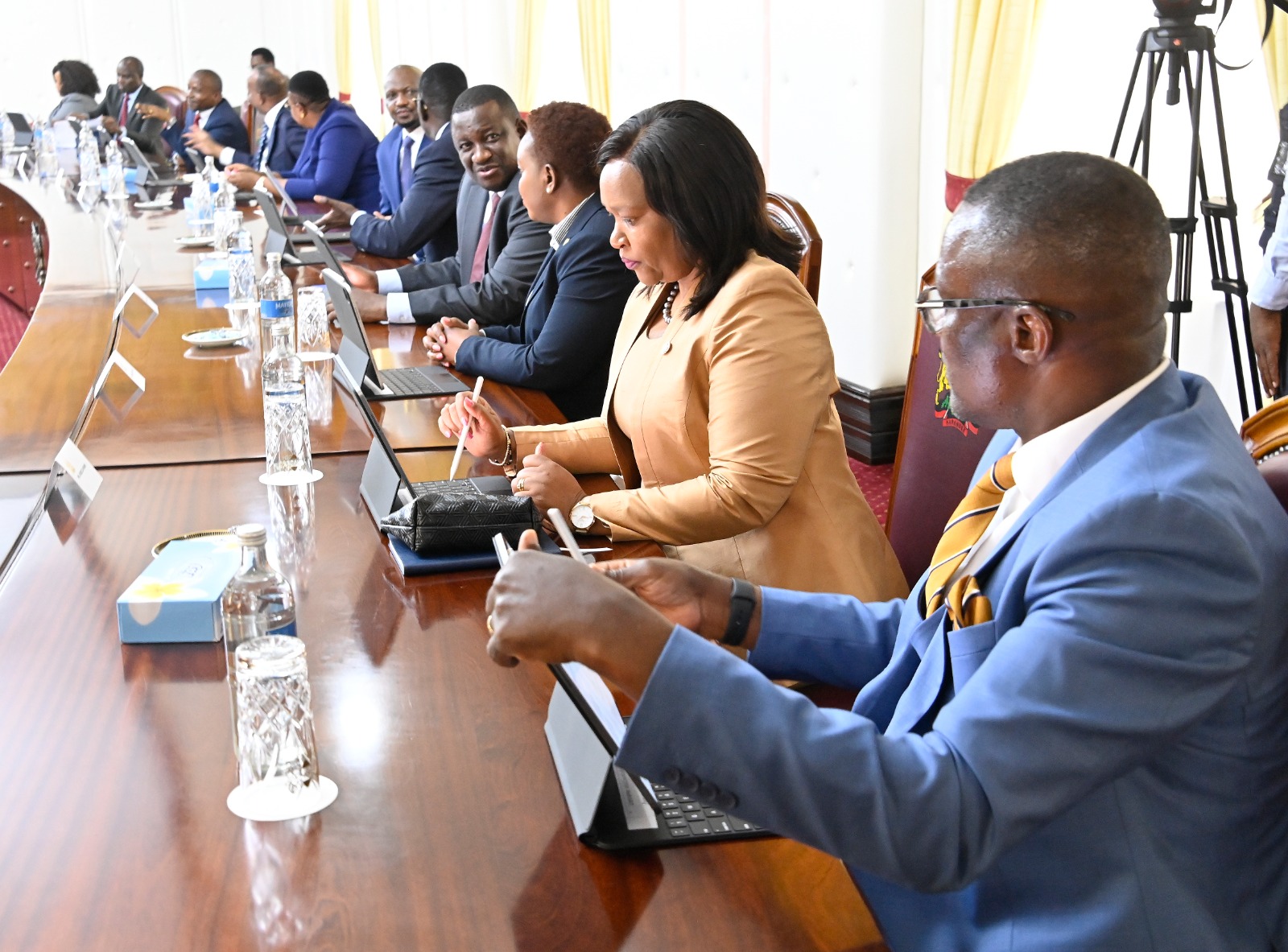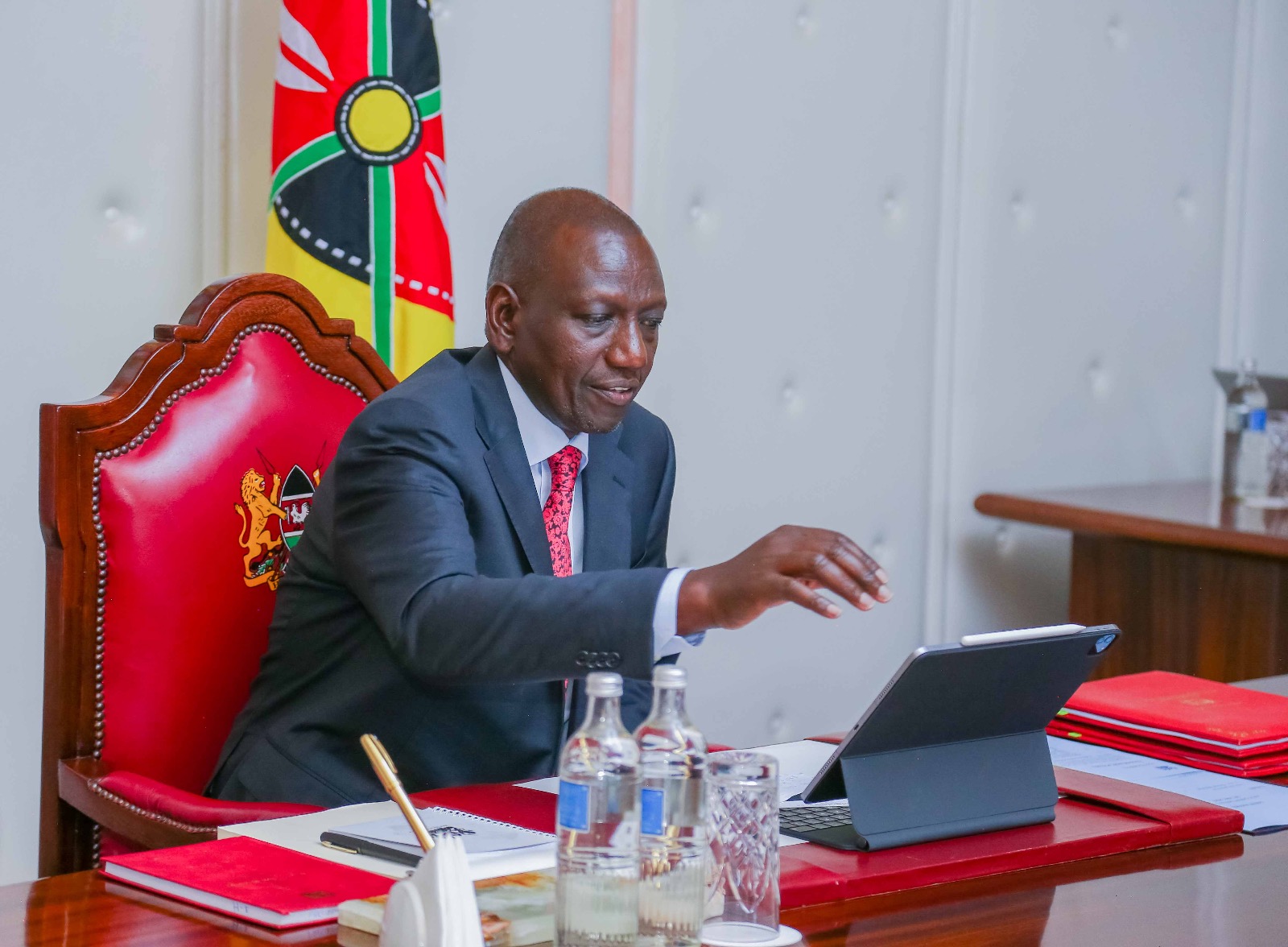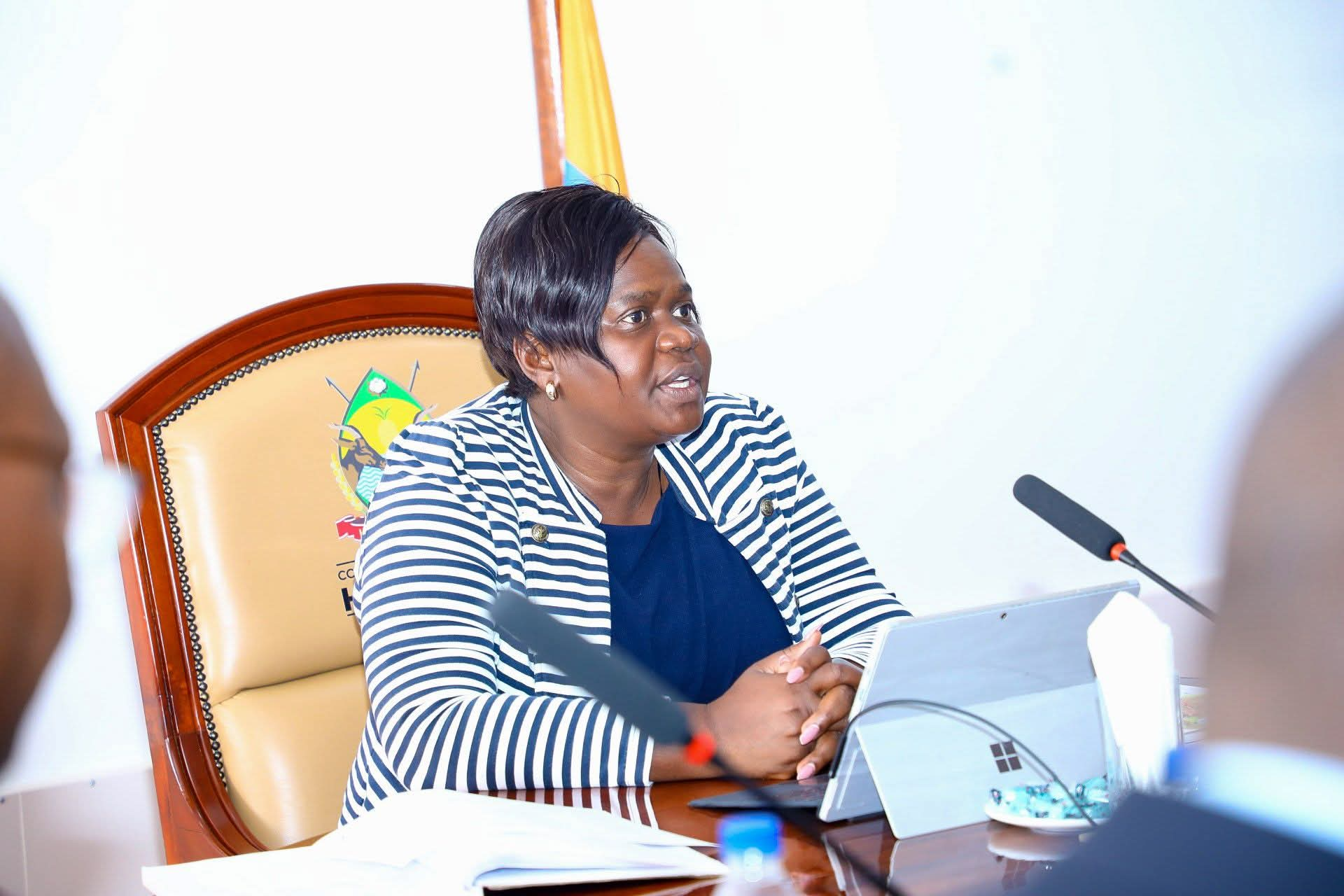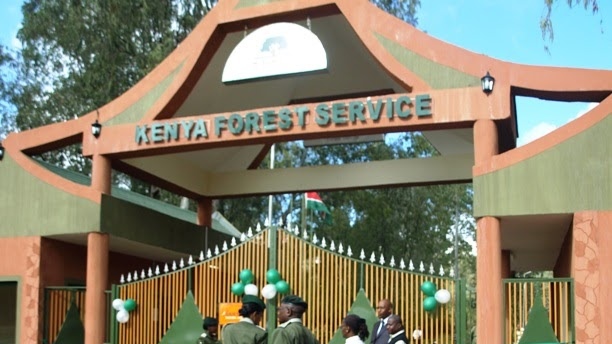President William Ruto on Tuesday, May 16 warned his Cabinet against corruption and wastage in the provision of services to the people.
Speaking during the 5th Cabinet meeting at State House, Nairobi, Ruto cautioned and urged the Cabinet to honour their responsibility to the Constitution and the people.
At the same time, the Cabinet has approved the restructuring of Kenya Power’s balance sheet in an attempt to restore profitability. The new plan will focus on enhancing the company’s financial sustainability by addressing loan balances and the liquidity gap.
The composition of Kenya Power’s Board will be adjusted to reflect its shareholding.
The Cabinet has also endorsed proposed amendments to the Water Act of 2016, which introduces Public Private Partnerships (PPPs) in the water sector.
Read More
This will facilitate the construction of 100 mega dams through PPP and another 1,000 medium and 3,000 small dams to alleviate water challenges.
The changes to the Water Act clarify the roles of Water Works Development Agencies as bulk water service providers. They also establish a licensing framework for the agencies and align the Water Act 2016 with the Public Private Partnership Act 2021.
While the ongoing rains have provided relief to drought-affected areas of Kenya, the Cabinet recognized the need for locally-driven strategies and sustained resource mobilization to support long-term resilience building. The meeting also agreed to continue supporting the restocking of livestock to aid recovery among impoverished households in arid regions.
Additionally, the Cabinet acknowledged the importance of strengthening the implementation of drought risk reduction strategies to ensure sustainable natural resource management.

The Cabinet further approved the Kenya policy on Public Participation, which establishes the overarching standard for effective citizen engagement in development and governance, in compliance with the Constitution.
To expand Kenya’s international presence, the Cabinet reviewed and approved a memorandum of understanding (MoU) between the Government of Kenya and the World Health Organization regarding the establishment of a regional emergency hub in Nairobi. The hub will create employment opportunities and markets for medical supplies.
To fulfill its international obligations, the nation’s apex body has approved the Meteorological Bill and Meteorological Policy. These approvals will transform the Kenya Meteorological Department into Kenya Meteorological Services, in compliance with international instruments such as the Chicago Convention of 1944 and the African Ministerial Conference on Meteorology (AMCOMET) of 2015.






-1772171798.jpg)

